
Yemen is struggling to complete the second phase of the two- year transitional period under the GCC-brokered power-transfer deal which was reached after the 2011 unrest. In the meantime, Yemen is facing economic and security challenges besides the political impasse and the south cause which have been blamed for " very slow progress."
In a speech at a banquet on the honor of the delegation, Hadi said that strides have been made concerning the transition, but there are still economic and security challenges in Yemen, pointing fingers at some countries' plots seeking for expansion in the region through destabilizing other countries.
"We are still facing economic, political and security problems, but the opportunities to handle them are now good under the support and efforts of the GCC and the UN," said the president, who urged the GCC, the UN and the security council to continue sponsoring the transition according to the GCC-brokered deal and the council's resolutions 2014 and 2051.
Furthermore, Hadi called on donors to accelerate the release of their aid pledges as most of the challenges faced in the country are blamed on economic deterioration, and to provide financial assistance to the power-sharing government to enable it to do its responsibilities perfectly.
Head of the UN delegation, Britain's permanent representative to the UN Mark Grant, said the Security Council realizes that dialogue is a key part of the political transition at this crucial turning point in Yemen.
"It is very important to keep all parties united and to not allow attempts to affect the political process and progress on it in Yemen," he said.
The UN resolutions on Yemen stipulated clearly that there should not be tolerance toward obstruction of the transition, he said, calling on factions seeking to affect the process to stop their acts.

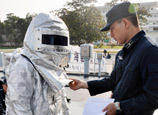
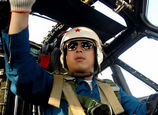



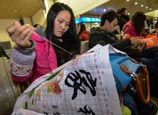

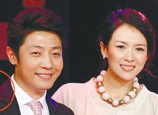
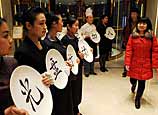







 People on way home during Spring Festival travel rush
People on way home during Spring Festival travel rush


![]()
